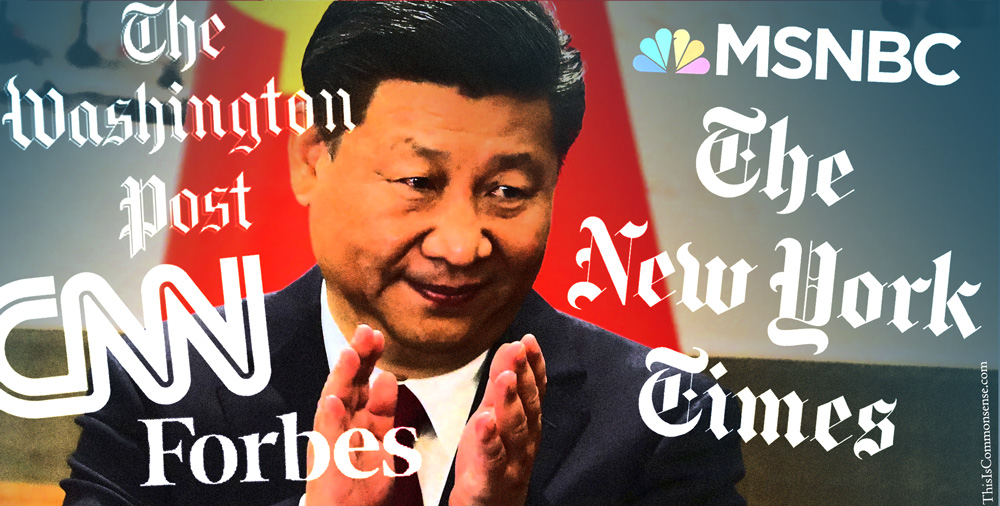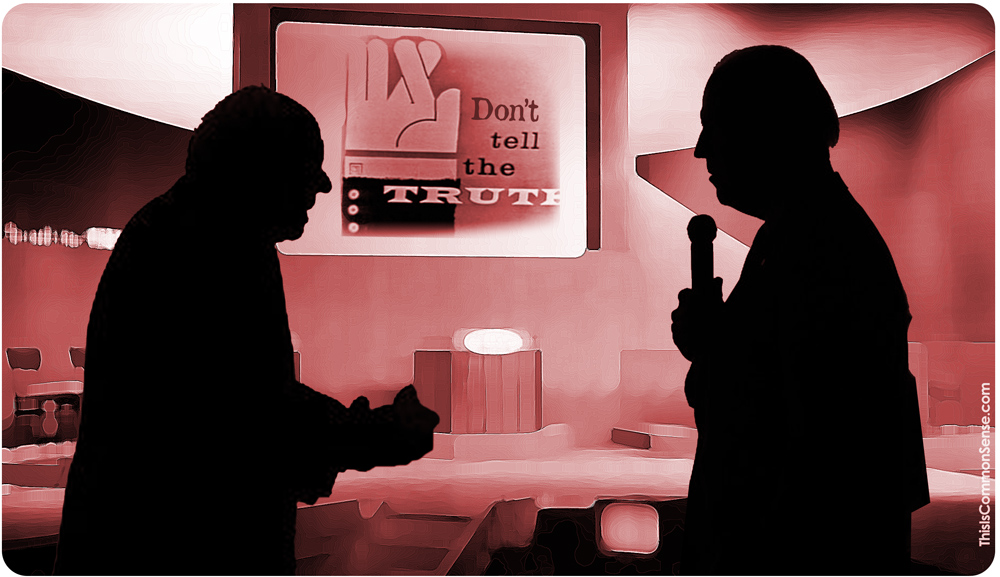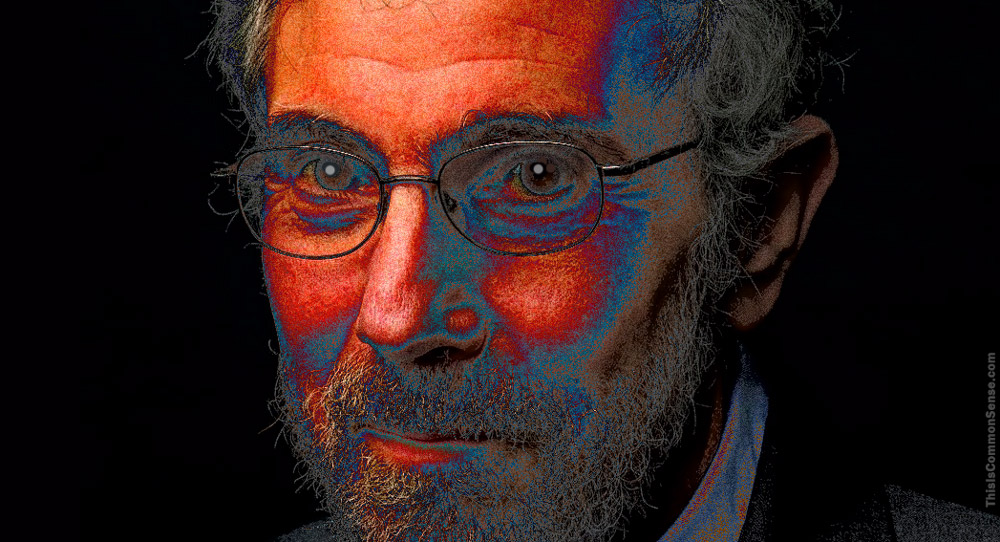“[A]t a time of rising tensions with China” is “the objectivity of news” . . . dead?
Wounded?
So wonders Arthur Bloom, lamenting for The American Conservative, in “China’s Long Tentacles Extend Deep Into American Media.”
“We’ve got this tremendous disconnect between what the American people actually think about China and what the media has been telling us,” Bloom explained to Fox New’s Tucker Carlson. “Something like 70% of Americans blame China for [the spread of the coronavirus], and yet that’s not what we’ve been getting. So, why?”
Bloom suggests part of the reason is that media corporations are “in business with them.”
“Comcast which owns NBC Universal” is “building a big theme park in Beijing” offered Bloom . . . “a multibillion dollar investment.”
Last December, the Free Beacon informed,“China routinely broke federal law by not disclosing how much it spent to publish regime propaganda in the New York Times, the Washington Post, and other newspapers,” adding that “China Daily gave media outlets millions to publish ads disguised as news stories.”
During his short-lived presidential run, Michael Bloomberg soft-peddled China’s totalitarian threat to its own people, Hong Kong, neighboring democratic Taiwan and the rest of us. With Bloomberg News having done business in China for years, the former mayor told Americans that President Xi Jinping was “not a dictator.”
“Six years ago, Bloomberg News killed an investigation into the wealth of Communist Party elites in China, fearful of repercussions by the Chinese government,” National Public Radio revealed last week. “The company successfully silenced the reporters involved. And it sought to keep the spouse of one of the reporters quiet, too.”
Using legal non-disclosure agreements.
Regarding China, is non-disclosure the operating principle of our media?
This is Common Sense. I’m Paul Jacob.

—
See all recent commentary
(simplified and organized)








